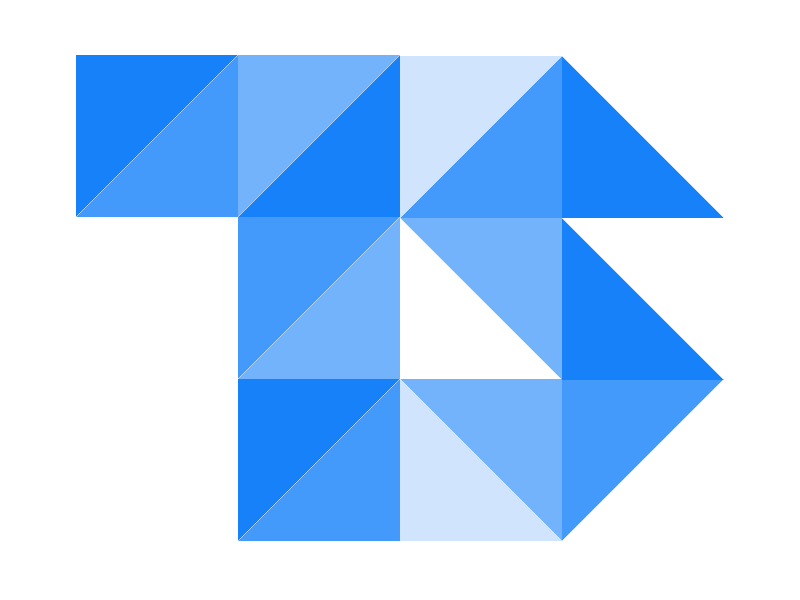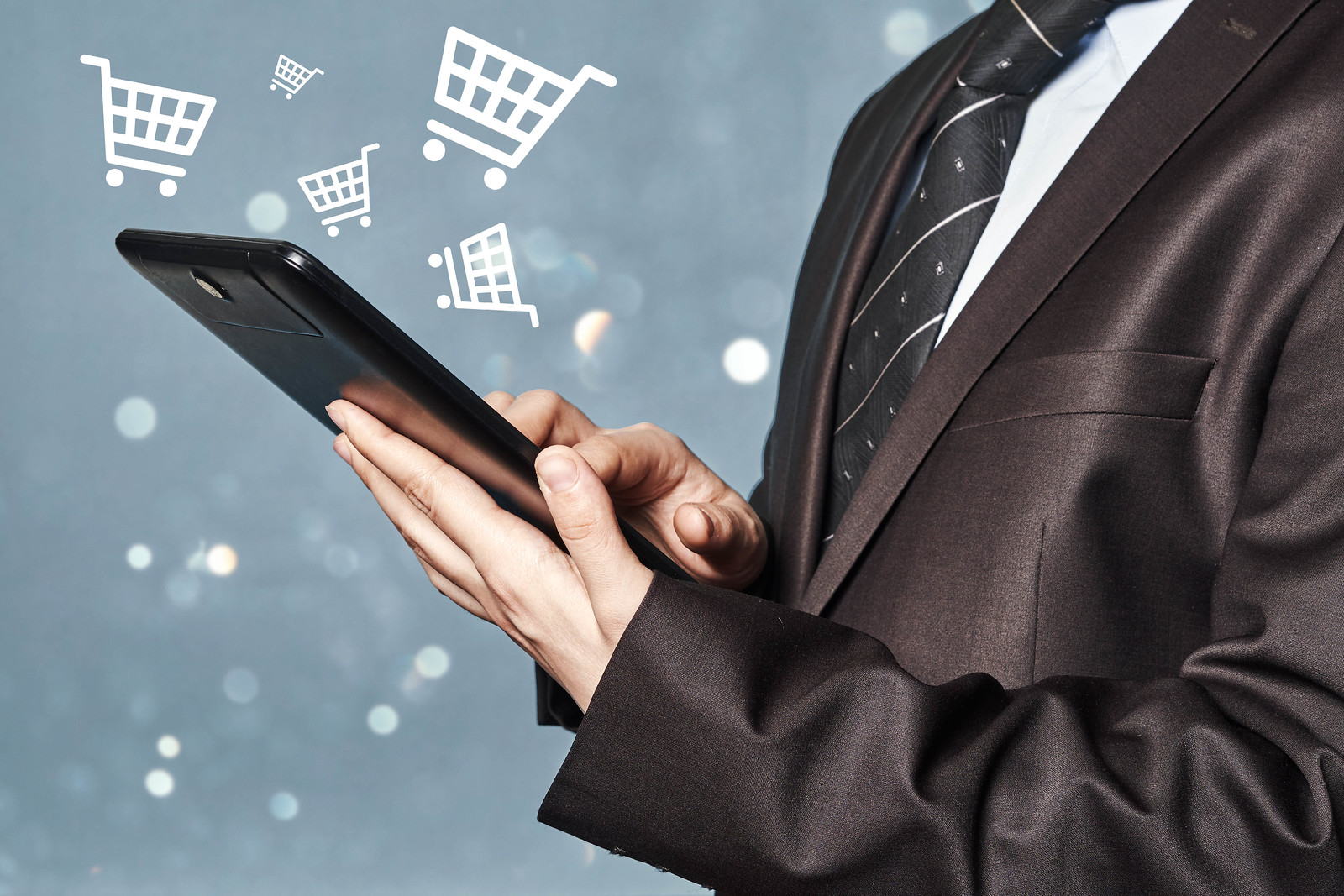Image Source Flickr
Shopify is a powerful eCommerce platform, but its features only work when you attract customers with marketing campaigns. To achieve this, there are various apps that enhance the platform and let merchants contact the customer directly. With a good collection of these apps (like the one on Riselane), you can up your game and make your store more successful.
What Are Shopify Apps?
Like all apps, Shopify apps are software solutions that you can install on your store to add extra features to it. These apps are usually bridges to third-party websites that get the job done and connect to your Shopify-based store via the API. Some of them are controlled directly from your Shopify dashboard, while others have their own settings sections on their sites.
Apps for Shopify can be paid and free. Free ones are not always free, though: they may, for example, show third-party ads to your customers. On the other hand, if a tool is worth its salt, why not afford it?
Types of Marketing Apps for Shopify
Since marketing uses a vast number of strategies and tools, there are apps that automate or otherwise help all of these activities. The examples are the following:
- Social media apps. These help you manage your social media: Instagram and Facebook pages, TikTok streams, and other social media, including regional ones. With these tools, you can make your Instagram or TikTok account shoppable so that its visitors can buy what they like in one click. They also have schedulers, calendars, and analytic tools. There are apps like Instafeed or UserGems for this job.
- Direct contact apps. These apps remind your customers they still have unfinished purchases in their carts, announce new products in your store, recommend products similar to what they have bought, or notify them about discounts. To connect the customers, they use personal communication channels: email, Facebook Messenger, SMS, and other supported services. Apps like SmartrMail, Recart FB Messenger Marketing, Klaviyo, and others show the potential of this marketing tool.
- Advertising apps. With these, you can customize pop-up ads for visitors, so they see what may get them interested. You can also exchange traffic with your partners. Examples of these are OptinMonster, Sixads, or Ads by Varinode.
Analytic tools. They help you define trends and see which of your marketing tools or campaigns are the most efficient. These include, for example, the Metrilo Growth Platform. - Others. With an app you can, for example, offer a referral program to your customer so that they get rewards if they efficiently invite other customers to your store. You can automate your multiple discounts and notify your customers. Names usually speak for themselves, like ReferralCandy or Automatic Discounts.
- There are also complex solutions like OptiMonk, Growave, or Sumo, that combine several functions. However, you might prefer to have separate tools for various tasks.
How to Choose Your Apps
First of all, rate the situation. Try various tools for a certain period and see how they impact your sales. Which works the best: built-in reminders, emails, or Facebook messages? Does your Instagram account generate any customer flow? Why not try showing your existing customers more products you offer?
It’s easier to try various apps because many of them offer demo versions and discounts for the first weeks or months of usage. If their effect is not what you hoped for, you can drop them and proceed to others. Don’t forget that marketing itself is not all. Your products, your delivery, even your site design, and text style shape the impression your store makes. But if you are ready and confident, promoting yourself with these apps is easier.
Which of these tools have you already used? What can you recommend for boosting sales in your domain? Were there any troubles with installing and setting up these apps? If you have a success story, please share it in the comments!



